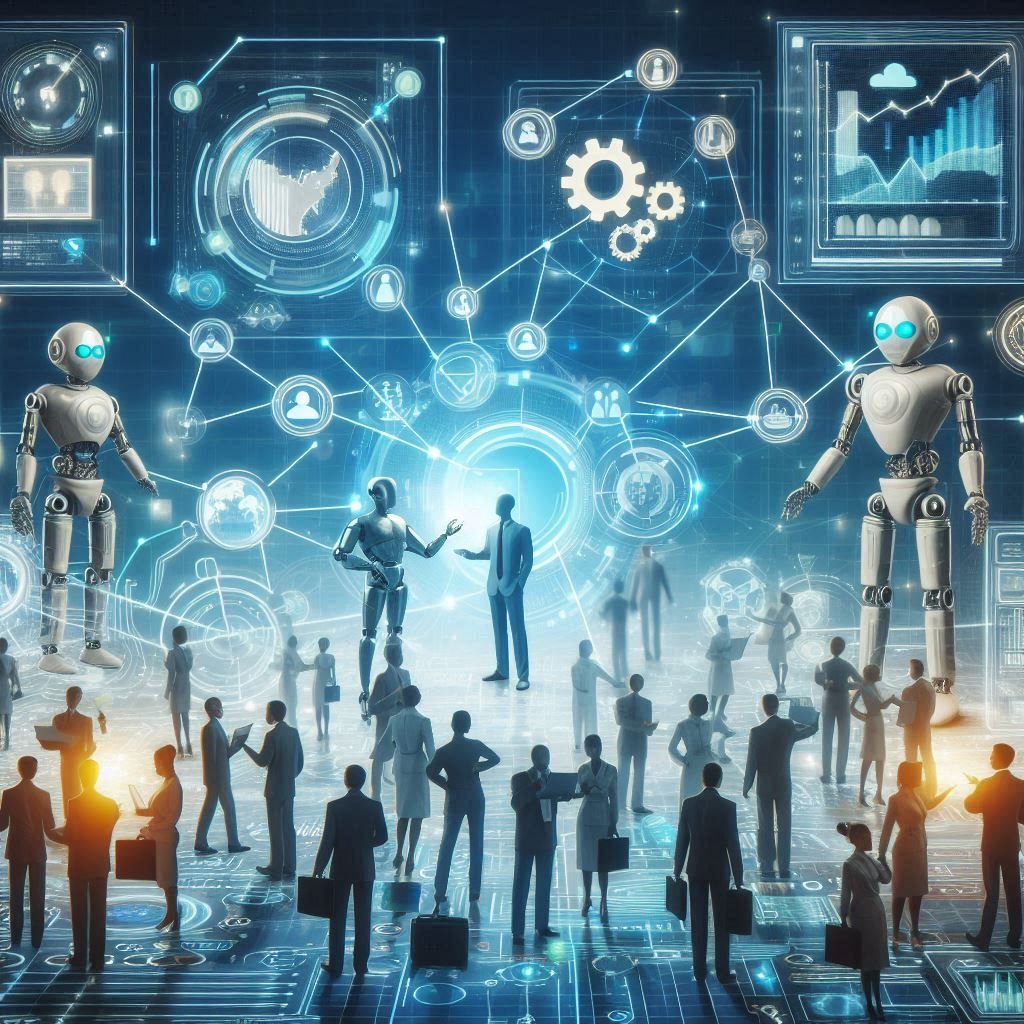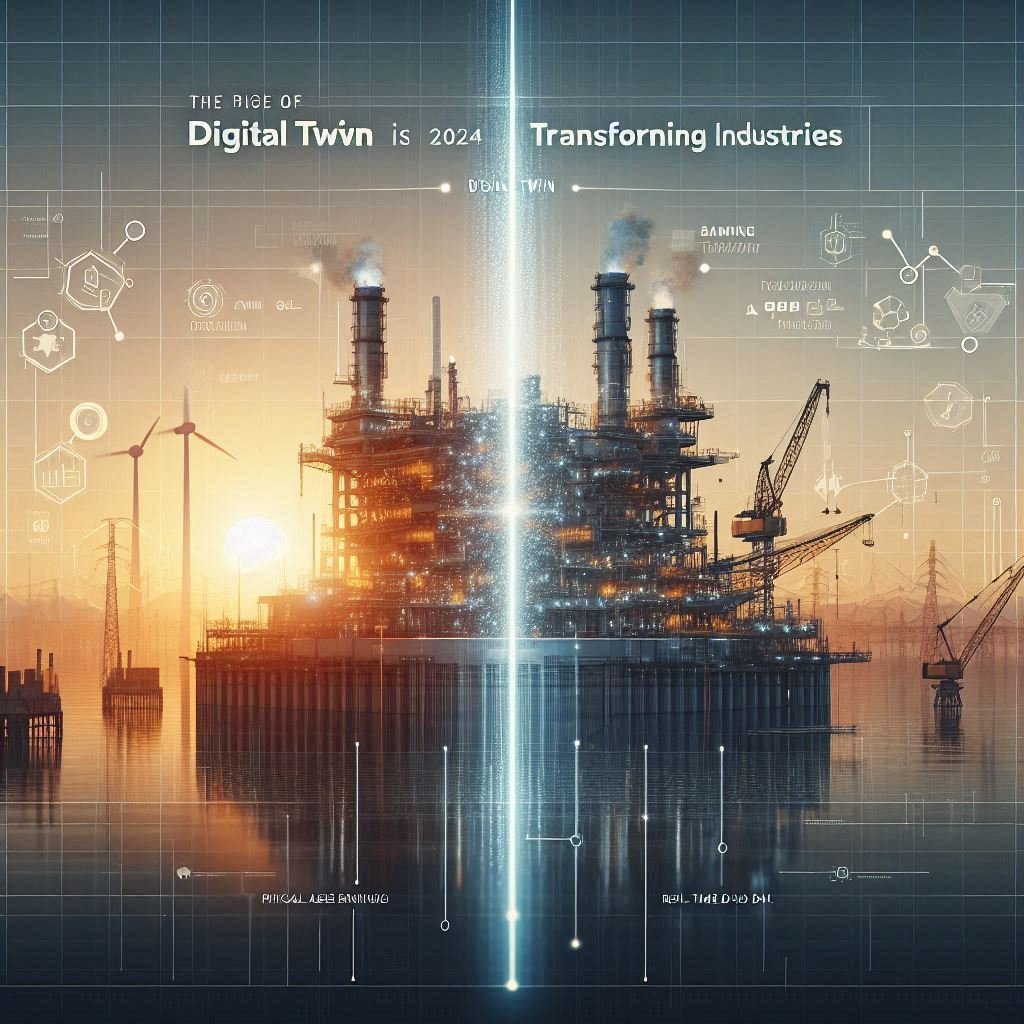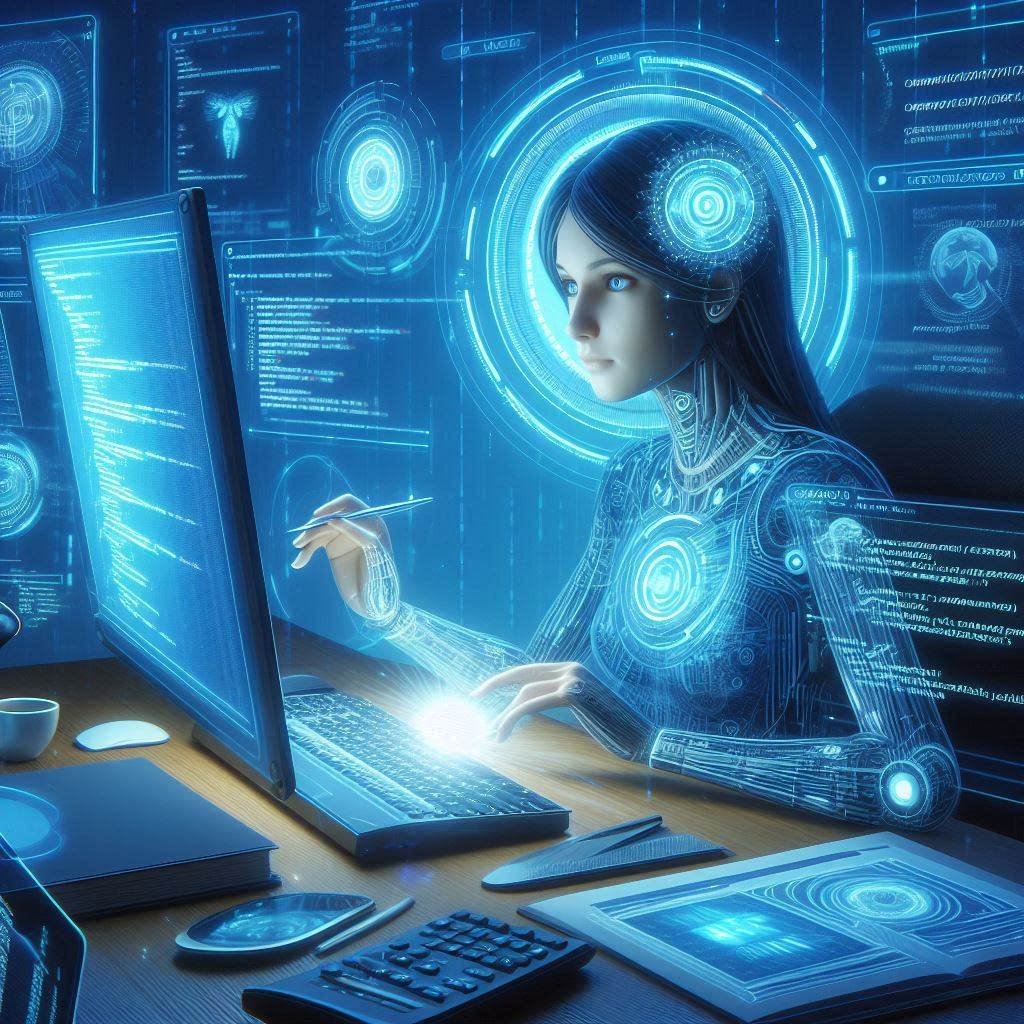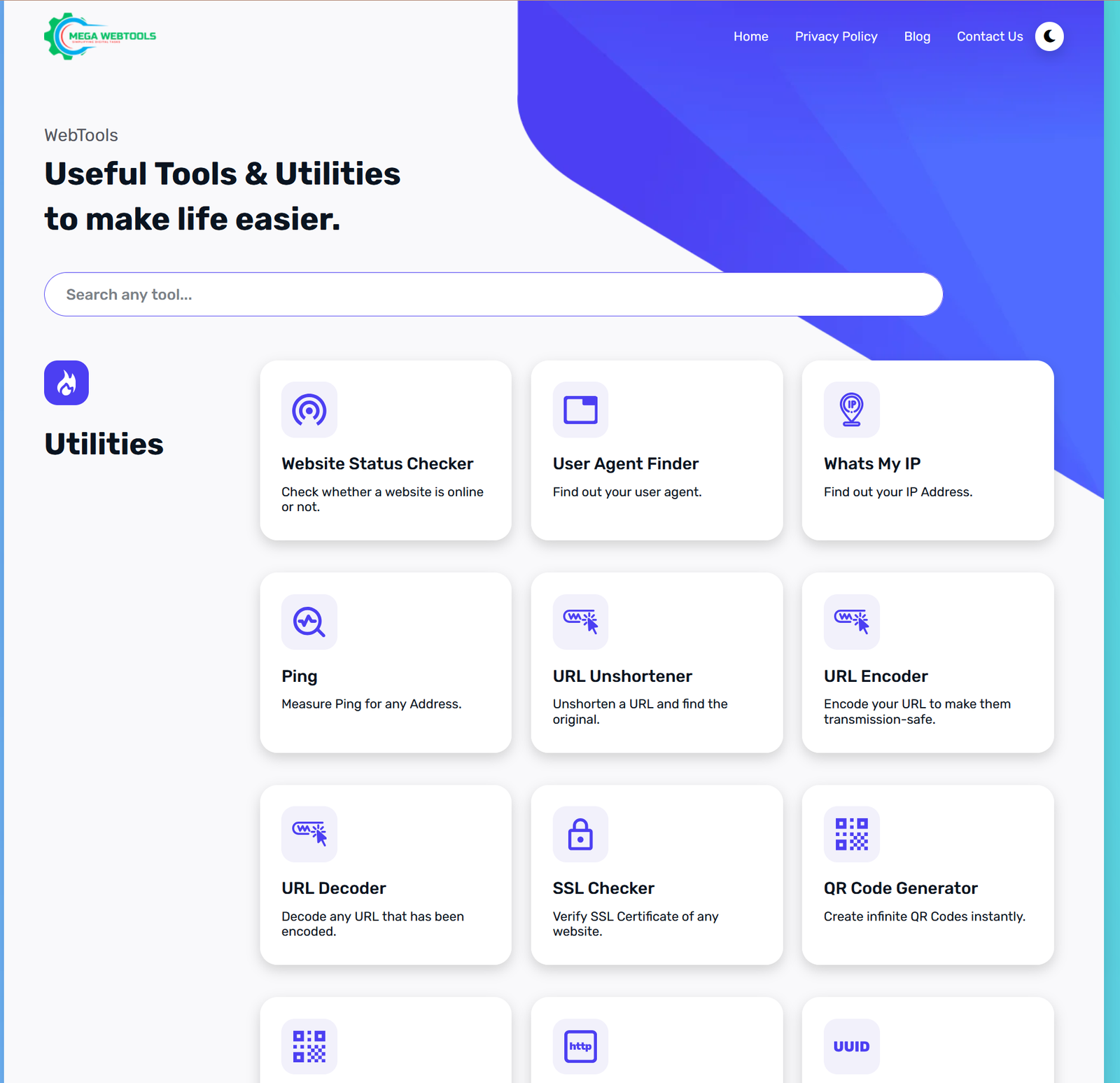
Job Displacement and Transformation
One of the most discussed impacts of AI is job displacement. Automation and AI-driven technologies are capable of performing tasks that were previously done by humans, leading to the potential elimination of certain jobs. For example, manufacturing, data entry, and customer service roles are increasingly being automated, reducing the need for human intervention.
However, it’s not all about job loss. Many jobs are being transformed rather than eliminated. AI is augmenting human capabilities, allowing workers to focus on more complex and creative tasks. For instance, in healthcare, AI can analyze medical images and data, freeing up doctors to spend more time on patient care and treatment planning.
Emergence of New Job Categories
While AI may displace certain jobs, it also creates new opportunities. The rise of AI has led to the emergence of entirely new job categories that didn’t exist a decade ago. Roles such as AI specialists, data scientists, and machine learning engineers are in high demand. Additionally, fields like AI ethics and AI policy are becoming crucial as society navigates the ethical implications of AI technologies.
As businesses adopt AI, they need professionals who can develop, implement, and manage these technologies. This demand for new skills and expertise is driving a shift in the job market, encouraging workers to upskill and reskill to stay relevant.
The Need for Reskilling and Upskilling
To thrive in an AI-driven job market, workers must embrace lifelong learning. Reskilling and upskilling are essential to remain competitive. Governments, educational institutions, and businesses are recognizing the importance of continuous learning and are investing in training programs to help workers adapt to the changing landscape.
Online learning platforms like Coursera, edX, and Udacity are offering courses in AI, data science, and other emerging fields, making it easier for individuals to acquire new skills. Companies are also implementing internal training programs to ensure their workforce is prepared for the future.
Impact on Different Sectors
The impact of AI on jobs varies across different sectors. In manufacturing, AI and robotics are streamlining production processes, reducing the need for manual labor. In contrast, the healthcare sector is seeing a positive impact, with AI enhancing diagnostic capabilities and patient care.
In finance, AI algorithms are transforming trading, risk management, and customer service, leading to greater efficiency and cost savings. The retail sector is leveraging AI for personalized marketing, inventory management, and customer insights, creating new roles in data analysis and AI implementation.
Ethical Considerations and Workforce Inclusion
As AI continues to shape the job market, ethical considerations must be addressed. Ensuring fair and inclusive access to AI technologies and the benefits they bring is crucial. Policymakers and businesses must work together to create frameworks that promote responsible AI development and deployment.
Workforce inclusion is another critical aspect. Efforts should be made to ensure that the benefits of AI are distributed equitably and that vulnerable groups are not left behind. Initiatives to promote diversity and inclusion in AI-related fields can help bridge the gap and create a more balanced job market.
The Future of Human Labor
The future of human labor in an AI-driven world is a blend of opportunities and challenges. While some jobs may be lost to automation, new roles and industries will emerge. Embracing a mindset of continuous learning and adaptability is key to navigating this transition successfully.
Businesses and policymakers must collaborate to create an environment that fosters innovation, supports workers in acquiring new skills, and addresses the ethical implications of AI. By doing so, we can ensure that the future of work is inclusive, sustainable, and beneficial for all.
Related Stories:
By understanding and leveraging these trends, we can stay ahead of the curve and foster sustainable growth and innovation. Stay tuned for more expert insights and in-depth analysis on the evolving AI landscape.








